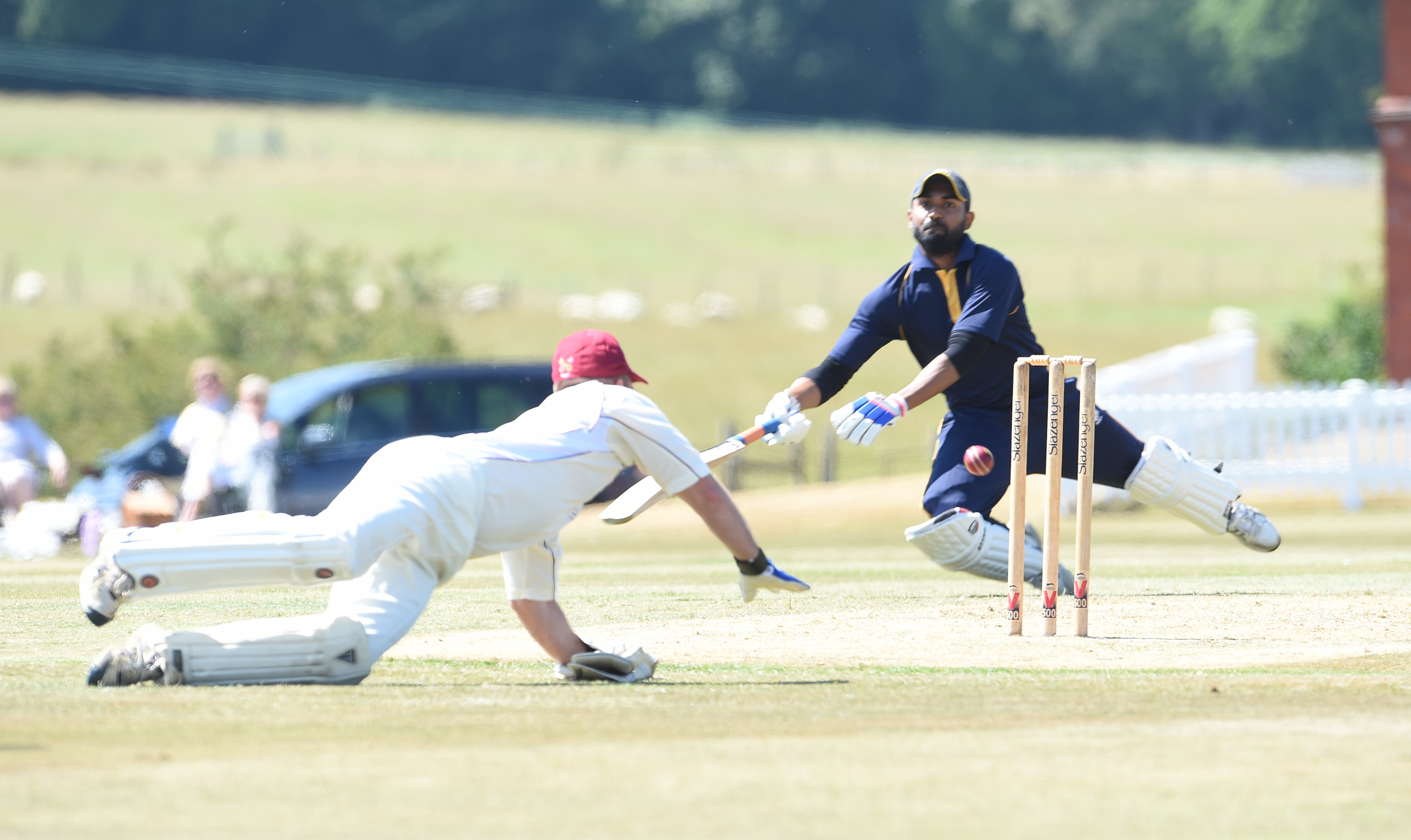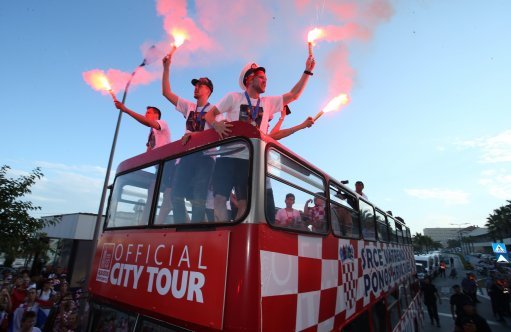Sunday 15 July 2018 was an unusually cool and rainy summer evening in Zagreb. Despite losing the World Cup final to France, thousands of people hit the streets to celebrate an unexpected success, full of pride.
With a population of four million people, Croatia had become the second smallest nation to reach the final, after Uruguay. They might not have won the trophy, but Croatia’s players are already champions in the eyes of many and were welcomed as heroes by over half a million people on their return from Moscow.
It was exactly 20 years earlier, when Croatia was mostly known for its part in Yugoslavia’s bloody civil war, that the country achieved its first global football recognition. Croatia played France, the World Cup host, in the semi-final. Croatian fans were still celebrating Davor Šuker’s goal putting their team ahead in the 46th minute of the game when Lilian Thuram equalised. Thuram went on to score another goal to win the game for France - the only two goals he was to score in 142 games for France.
Despite the many disappointments in between these heroics, football has remained sacred in Croatia. As well as being staunch Catholics – 86 per cent of the total population – Croats worship football. And while church attendance is in decline mobilisation for football games remains massive. Football is breakfast, lunch and dinner; alpha and omega. In recent weeks, shops and bars throughout the country have been draped in the distinctive red and white checkerboard motif of the coat of arms on the Croatian flag. After the victorious games at the World Cup over Nigeria, Argentina, Russia and England, the sound of cheering, songing, car horns and fireworks echoed in the streets for hours.
Football has a long tradition in Croatia, flourishing through the nation’s various incarnations as part of the Austro-Hungarian empire, the Kingdom of Yugoslavia and finally socialist Yugoslavia under Tito. English workers were the first to play football on Croatian soil, back in 1873, while they were building a factory in the coastal city of Rijeka. One of the two biggest Croatian clubs, Hajduk from the coastal city of Split, was formed in 1911 by students in a pub in Prague. Hajduk, the pride of the coastal region of Dalmatia, is a bitter rival of Dinamo Zagreb, based in the nation’s capital.
As elsewhere, football in Croatia gets mixed in with politics, nationalism and extremism. In the 1980s, football fans in Croatia, Serbia and other Yugoslav states were linked with anti-communist and nationalist groups. Dinamo’s Bad Blue Boys (BBB), who imitated English “ultras” in both name and wardrobe style, were the most vocal in Croatia. They took part in a now legendary riot during a game against Serbian rivals Red Star Belgrade in Zagreb in May 1990. A plaque outside Dinamo’s stadium claims that the 1990s war with Serbia had started there, on the pitch.
The first President of Croatia after the bloody break-up of Yugoslavia, Franjo Tudman, mastered the misuse of sport and especially football to promote his nationalist agenda. One of his first moves was to press Dinamo to change its name to Hašk Gradanski, and later to Croatia Zagreb. Just months after Tudman’s death in December 1999 the club reverted to its old name, to the satisfaction of Dinamo’s fans.
Many fans turned against the Croatian national team as it became clear that football supremo Zdravko Mamic - not just chief executive of Dinamo Zagreb, but also vice-president of the Croatian Football Federation - was siphoning funds from transfers into his own pockets. Mamic stood trial for massive embezzlement. Croatia’s little wizard, Luka Modric, a midfielder for Real Madrid, testified before the court in Mamic’s favour in June 2017, showing a sudden loss of memory of some key events. However, the big bad wolf Mamic is - at least temporarily - beaten, as a few weeks before the start of the World Cup he was found guilty of corruption and sentenced to six and a half years in prison. The night before the verdict, he fled to the Marian shrine of Medjugorje in neighbouring Bosnia and Herzegovina. He is still on the run.
Modric was awarded the Golden Ball for best player in the World Cup. At least for a few weeks, almost everyone put aside corruption, politics and extremism. Last Sunday, with the men’s singles final at Wimbledon being played on the same day, Serbian tennis star Novak Ðokovic and Luka Modric were cheering each other on to victory, and Croatia’s fans found a temporary escape from the everyday reality of economic stagnation and demographic exodus to the West.



 Loading ...
Loading ...
What do you think?
You can post as a subscriber user ...
User comments (0)